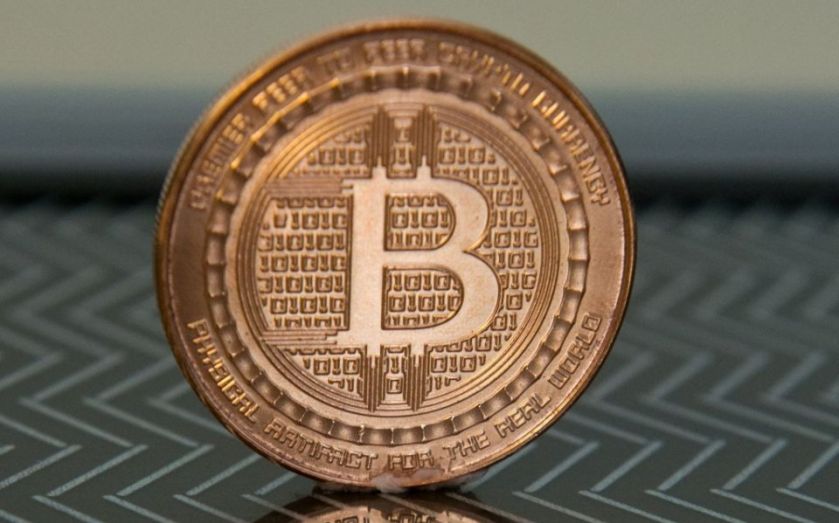How to really make money from Bitcoin – CNBC Comment

Are you putting all your life savings into Bitcoin, expecting the price to rally higher? Or are you taking bets on a price plunge using complex derivatives?
Either way, I have a little tip for you.
There’s another way to trade the controversial cryptocurrency and it involves new regulation from New York which was finalised last week.
The US state is ensuring that financial intermediaries using Bitcoin will need to obtain a license – known as a “BitLicense”. This sort of oversight is likely to mean Bitcoin exchanges in the area will ensure their coins are “cleaner” and have not been soiled with some of the unsavouriness that has been associated – rightly or wrongly – with the nascent technology.
This could create an interesting price quirk and allow arbitrage trading – exploiting price differences between similar financial instruments. New York-based coins could be priced at a different level than their international counterparts. If the new regulation spreads to further US states, the opportunities would increase yet further.
Arthur Hayes, the co-founder and chief executive of BitMEX, a bitcoin mercantile exchange, told CNBC via email that New York coins could trade at a premium of 2 to 5 per cent.
Garrick Hileman, an economic historian at the London School of Economics, thinks the opposite could be true. Bitcoin holdings that fall outside of the regulatory purview of New York may be priced at a premium, he told CNBC via email.
“I can imagine the use of swaps, where bitcoins wouldn’t actually have to change jurisdiction, and other mechanisms to arbitrage any price variations created by the Bitlicense regulation,” he said.
Jon Matonis, an executive director of the Bitcoin Foundation, a lobby group for the technology, has previously written on this subject, and even warned regulators of this eventuality when they were drawing up proposals last year.
Now for a few warnings and caveats.
Bitcoin has its critics. There are those that think it’s simply a “pump and dump” scheme, and there’s evidence from court rulings that it has been used for money laundering.
And in terms of arbitrage trading, there could be a few hurdles. Savvy traders will need to fool US bitcoin exchanges that they are not engaging in the reselling of bitcoin, according to Hayes. They’ll also need banking relationships globally, which are getting harder and harder to come by.
Only the nimble could reap the rewards.